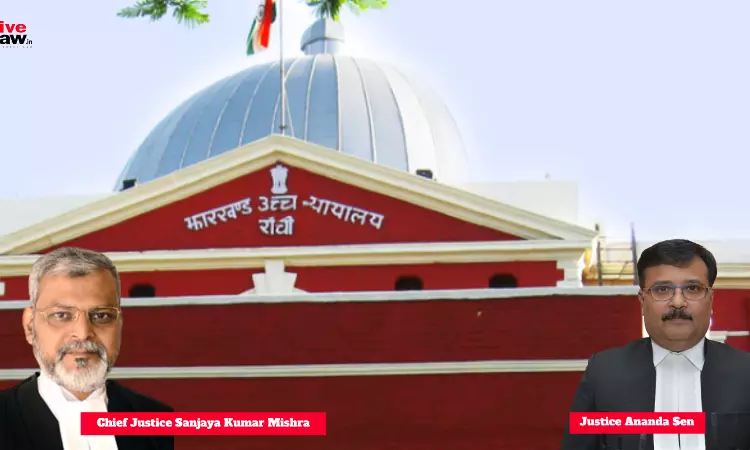‘Presence Of Magnesium Carbonate Itself Does Not Make A Food Article Prohibited’: Jharkhand High Court
Bhavya Singh
8 Sept 2023 12:45 PM IST

Next Story
8 Sept 2023 12:45 PM IST
The Jharkhand High Court has delivered a crucial judgment regarding the presence of magnesium carbonate in food products, stating that it does not inherently make a food article prohibited under the Food Safety and Standards Act, 2006 (FSS Act).The Division Bench of Chief Justice Sanjaya Kumar Mishra and Justice Ananda Sen observed, “...the respondents have taken a decision to ban certain...
